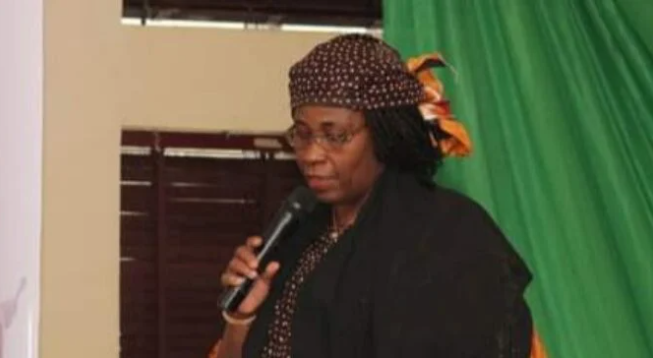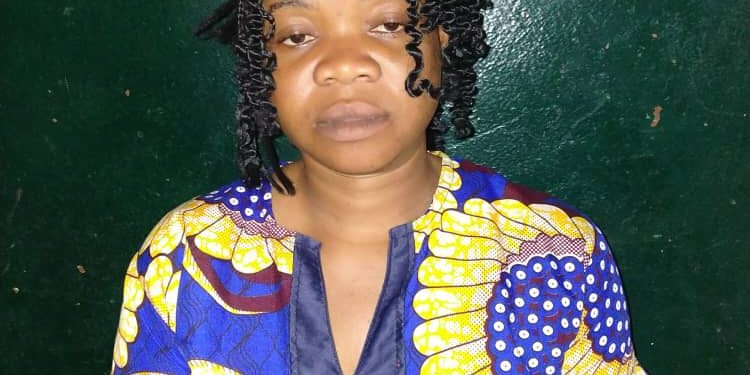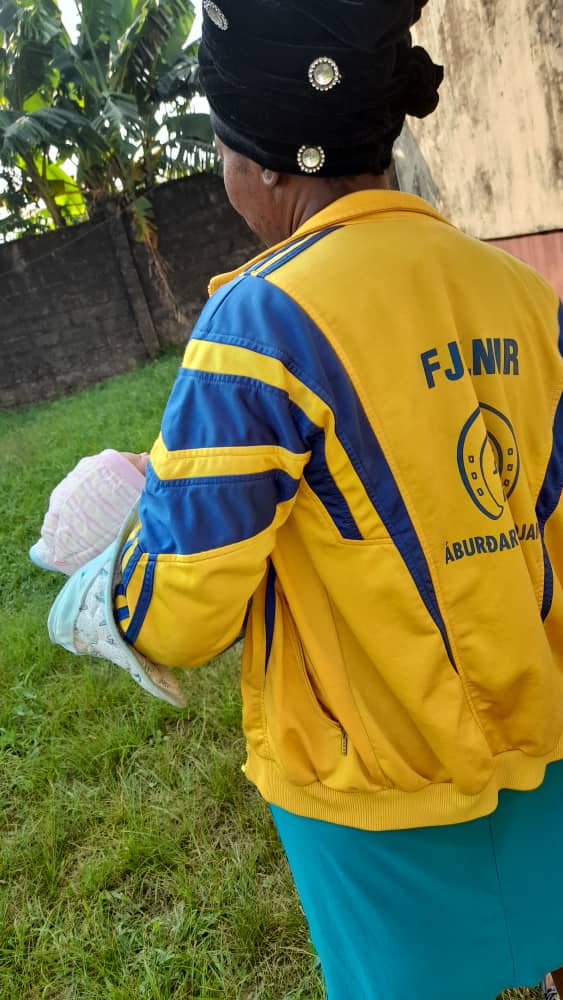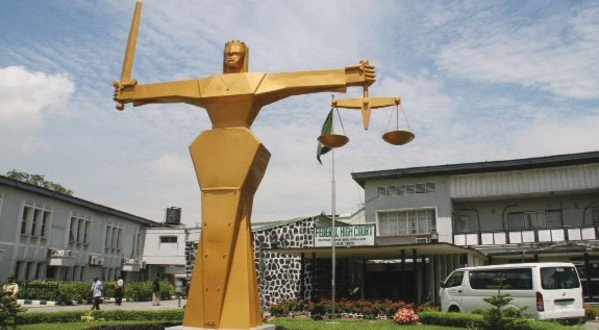OVER the course of 400 years, 15 million men, women, and children were transported across the Atlantic as slaves, but the statistics for human trafficking, particularly the sex trade, are far worse.
Conservatively, 800,000 people are trafficked annually, with 80 per cent being women and half of these being minors. The global sex trade itself is worth $32 billion annually. The issue of what can be done to end human trafficking, in which 25 million people are trapped, was the theme of an international meeting on January 17, 2023 in Abuja.
Argentine Ambassador Alejandro Herrero, who set the tone, said human trafficking is one of the most horrible violations of human rights and has to be combated. The United States, according to US Ambassador Mary Beth Leonard, is a global scourge, a brutal and inhuman trade that violates human rights and robs people of their dignity.
The US says it is facing serious human trafficking challenges. Its Office of Justice Programmes, OJP in 2021, budgeted almost $87 million to combat it, provide support services to victims, and conduct research into the nature and causes of labour and sex trafficking. Ambassador Leonard said victims of trafficking must be assisted. She added that awareness of the signs of trafficking can help detect and prevent the act.
She pointed out that there are laws against trafficking, but the problem is their implementation. “The United States is committed to fighting it because trafficking destabilises societies, undermines economies, harms workers, enriches those who exploit them, undercuts legitimate business and most fundamentally, because it is so profoundly wrong,” said US Secretary of State Antony Blinken at the presentation of the 2022 Trafficking in Persons Report in Washington, DC.
Spanish Ambassador Juan Sell said fighting against human trafficking entails sending a message of hope to its victims and one of determination to bring the perpetuators to justice. He advised people to beware of offers that seem irresistible, adding that human trafficking and sex enslavement are real. His country, he said, is on the receiving end of the trafficking.
On November 29, 2022, Spain’s Council of Ministers approved a draft “Anti-Trafficking” law against ‘sexual exploitation, forced and arranged marriages, slavery, forced labour, organ and tissue removal, and situations where vulnerable people are forced to engage in criminal activity’. Its Justice Minister, Pilar Llop, said that the law will protect “people who suffer a lot in our country and also in other countries around the world” and “break the business chain that is generated using human beings as commodities”. Under this law, customers of forced sexual workers face fines and prison sentences of six months to four years.
The French Embassy’s Deputy Head of Mission, Olivier Chatelais, regretted that, annually, hundreds of Nigerian women are trafficked directly to France. He added that a way out is to organise a worldwide solidarity alliance to fight international crime. France, is a party to the Optional Protocol to the Convention on the Rights of the Child on the sale of children, child prostitution, and child pornography. In November 2021, it announced a budget of $15.87 million to fight trafficking. It says it fights against human trafficking through the United Nations Office on Drugs and Crime, UNODC.
European Union Representative, Reuben Alba Aguilera, noted that Nigeria is richly endowed with human and natural resources, so there is a need to help the authorities check migration flows. Part of the EU’s announced strategy is to disrupt the online and offline businesses of traffickers by working with tech firms to reduce access to platforms. It also engages in protecting and empowering victims.
Sweden was represented by its Ambassador, Annikka Hahn-Englund. The country will spend $1.44 million to combat human trafficking in 2021. Beneficiaries include the National Support Programme, a civil society platform representing 20 non-governmental organisations. Its 2002 anti-trafficking law prescribes two to three years of imprisonment for those involved in sexual exploitation and forced labour.
Others on the platform of the meeting included Jarai Sabally of The Sisterhood is Global Institute, Taina Bien-Aime of the Coalition Against Trafficking in Women, Jonathan Machler of the Coalition for the Abolition of Prostitution, Esohe Aghatise of Iroko and Mickey Meji of the Survivor Empowerment and Support Programme.
The survivor, originally known as Nomonde Mihlali Meji, is a South African who campaigns for the rights of trafficked and prostituted women. Her engaging story began when she got pregnant at 16, dropped out of school, got into prostitution, crawled out, and became a fighter to get as many women as possible out of prostitution and rehabilitate them.
She had been assisted out of prostitution by an organisation called Sex Workers Education Advocacy Task Force, or SWEAT, and decided that one of the main things to do is to get the term “sex work” abolished and get the sex industry recognised as exploitative and oppressive. When the ruling African National Congress, ANC, at its 54th Congress in 2017 passed a resolution to fully decriminalise prostitution and recognise it as “work”, Meji fired a protest letter saying prostitution was not employment: “Women in prostitution do not wake up one day and “choose” to be prostitutes.
Prostitution is chosen for them by our colonial past and apartheid, persistent inequalities, poverty, past sexual and physical abuse, the pimps who take advantage of our vulnerabilities, and the men who buy us as prostitutes. Most women are drawn into prostitution at a young age, some as young as 13 years old. Women and girls in prostitution have almost no resources to help them exit the sex trade.
Some of the panellists at the Abuja meeting argued that the basis of sexual exploitation is a culture that sees women as commodities, disposable objects that can be bought and sold. They argued that prostitution is not a female problem but mainly that of the buyer who pays for the human body.
They pointed out that almost all the victims of prostitution and sex trafficking are from marginalised communities. The solution they posited, is to provide the victims with shelter, support and an exit programme while the perpetrators, pimps and customers are penalised.
They argued that unless there was a focus on cutting off demand, humanity would be bogged down with the problem for another thousand years because once there is demand, there will be supply. They pointed out that sex trafficking is not necessarily from one country to another, but that it can be from one room to another. On how to meet the cost of fighting the scourge, they suggested that money can be taken from the traffickers, pimps and sex buyers.
The highlight of the meeting was the screening of the 2019 film ‘Oloture’ which is based on sex trafficking.









